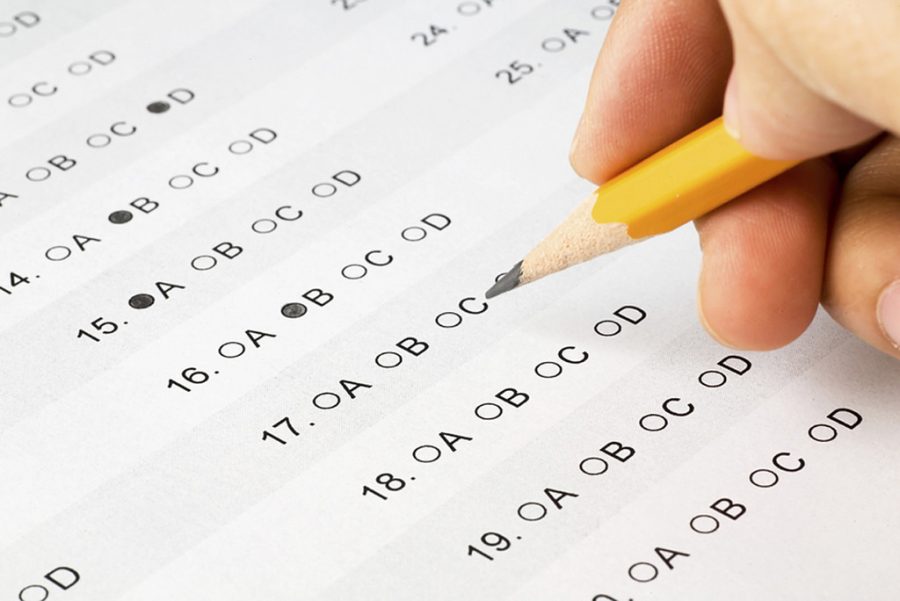Transferring from my small town of Bakersfield to a larger city in San Diego felt like being a student-athlete drafted to play in the big league.
Arriving at UC San Diego, I thought I could accurately predict what my college experience would be like — effortless and full of late-night adventures.
This conception was soon upended after my first quarter was in the books and grades were released. Unsatisfied with both my academic performance and GPA, I felt my grades did not accurately depict the student I was. The only explanation I gave myself for this, was that maybe “I’m just a bad test taker.”
I started to routinely associate with this justification whenever a classmate would ask me why I performed so poorly on an exam. In reality, I was not prepared for the competitive nature and higher standard that is expected from UCSD students. Classes are often taught by respected research professors, expecting students to dedicate hours digesting and learning the in-depth material in a narrow time frame.
It was second quarter midterms when I decided to no longer be defined by my poor grades. This realization stemmed from an insightful conversation with a close friend from my community college. After listening to my predicament, he quickly pinpointed why I was earning those low test scores.
The undeniable fact was, a good test taker prioritizes school over their social life. The “A” student takes care of all academic responsibilities first, before arranging a fun night with friends. Reflecting back to last quarter, I recognized that more of my time was spent hanging out than studying. As a result, my grades suffered and left me to blame no one besides myself.
This realization was painful to accept, but he was right. The student who’s actively preparing and reviewing material early on, compared to another who crams weeks of information the day before the exam, will achieve significantly different scores. The moral of this story is this: You get out what you put in.
Now, what about those who face difficulty in taking tests? The students who experience an uncontrollable amount of test anxiety, consequently leading them to perform badly on every exam. Well, first I’d agree with them that assessments may not be the best indicator of whether or not a student is competent enough on a concept or subject.
There are many external factors that could offer an explanation for why someone performs badly on a test. Unfortunately, we have no control over this aspect of education. Instead of opposing this, we must focus on the one thing we can control — our effort. Knowing the fact that we may not be great at tests, we can use this as an enforcer to be on top of assignments early on.
Although no student can foresee exam questions, every student has access to the same information. This even playing field allows all students who prepare effectively to perform well on their tests. To achieve this readiness level, it requires going the extra mile, such as: making flashcards, engaging in study groups, and creating unique test questions.
Conclusively, this labor-intensive practice is what separates a good student from a great one. So I challenge each student that subjects themselves to the bad test taker label to devote extra time focusing on all the little things that characterize a great student.








